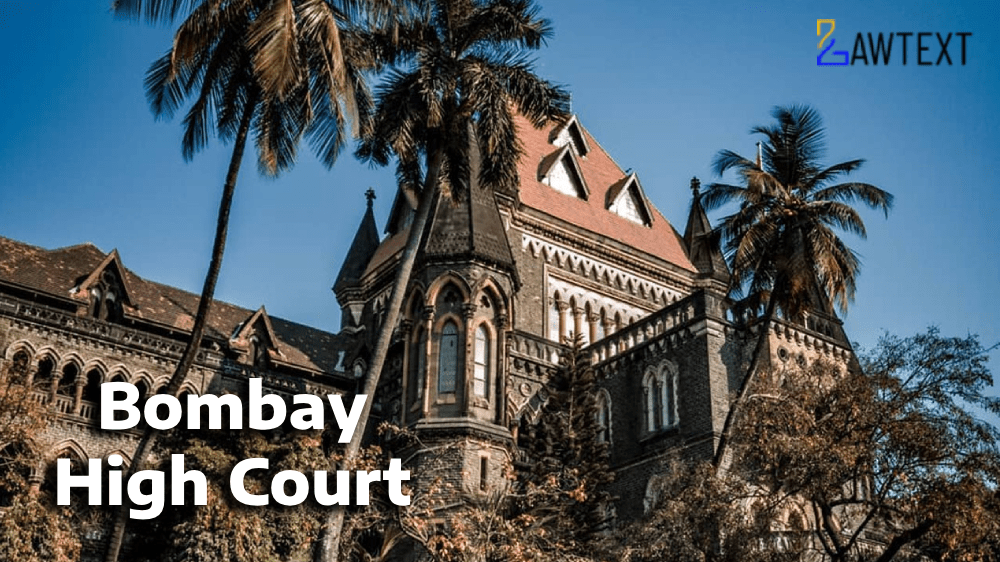

The Bombay High Court set aside the trial court’s order allowing an amendment application filed under Order VI Rule 17 of the CPC after evidence had concluded. The Court emphasized the need for due diligence when seeking amendments at a late stage in proceedings. The decision to amend and include additional properties and parties, nine years after the original suit and after evidence was closed, was deemed an attempt to expand the suit unjustifiably.
An amendment to pleadings under Order VI Rule 17 of the CPC after the commencement of the trial or at the final hearing stage requires the applicant to demonstrate due diligence. Allowing such an amendment without due diligence, especially when it expands the nature and scope of the suit, is unsustainable in law. The Court held that Plaintiff’s belated attempt to amend, after completion of evidence and commencement of final arguments, constituted a lack of diligence and caused prejudice to the Defendants.
The writ petition challenges the trial court's order dated 22.02.2024 allowing an amendment application filed nine years after the suit's initiation.
Plaintiff claimed that ancestral properties were divided among family branches and sought partition by metes and bounds. A dilapidated house (No. 237) became a point of dispute.
The Defendants argued that the application aimed to improve the Plaintiff’s case and fill gaps, emphasizing the delay and lack of diligence.
The trial court allowed the application with costs, permitting Plaintiff to amend the plaint.
Defendant No. 1C filed the writ petition under Article 227, challenging the trial court's order.
The High Court found that the Plaintiff had knowledge of the properties and parties at the time of the original suit. The delayed application lacked due diligence.
The Plaintiff had not initially included all relevant parties (e.g., sisters of Murari), and the amendment was an attempt to change the suit's nature.
The High Court noted the trial court's failure to consider the real controversy and facts while allowing the amendment.
The High Court concluded that adding legal heirs at such a late stage was unnecessary and altered the nature of the suit.
The Court quashed the trial court's order, stating that the amendment was not essential for the real controversy.
Civil Procedure, Property Law, Amendment of Pleadings
Partition Suit, Amendment of Pleadings, Due Diligence, Property Disputes, Bombay High Court, Code of Civil Procedure, Article 227.
Citation: 2024 LawText (BOM) (8) 70
Case Number: WRIT PETITION NO. 8183 OF 2024
Date of Decision: 2024-08-07
Case Title: Dashrath Shiva Korlekar Devendra Murari Korlekar & Ors.
Before Judge: MILIND N. JADHAV, J.
Advocate(s): Mr. Sanskar Marathe for Petitioner Mr. Vishwanath Patil alongwith Ms. Nidhi Chauhan for Respondent No. 1
Appellant: Dashrath Shiva Korlekar
Respondent: Devendra Murari Korlekar & Ors.